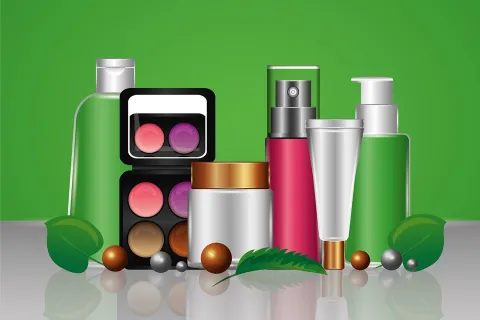
The cosmetic industry is rapidly expanding in the UAE and KSA, driven by high consumer demand and a focus on quality and safety. For companies aiming to enter this market, understanding the region’s regulatory landscape is crucial for successful cosmetic product notification/registration. The requirements vary across countries but share common principles, focusing on product safety, labeling, and ingredient compliance.
Key Regulatory Bodies
GCC Standardization Organization (GSO): The GSO sets harmonized cosmetic regulations across Gulf Cooperation Council (GCC) countries, including the UAE, Saudi Arabia, Qatar, Oman, Kuwait, and Bahrain. These regulations ensure uniformity in standards and streamline market access.
Saudi Food and Drug Authority (SFDA): In Saudi Arabia, the SFDA manages cosmetic product registration and has stringent guidelines regarding product ingredients, labeling, and claims. The SFDA's recent updates include stricter controls on banned and restricted substances.
Dubai Municipality (DM): The DM regulates cosmetics, requiring pre-market registration through its Montaji system. Compliance with labeling, packaging, and ingredient safety is a priority, ensuring consumer protection.
Compliance Essentials
Product Classification and Safety: Cosmetic products are classified based on their intended use (e.g., skincare, makeup, personal care, etc.). Accurate classification is essential as it determines the applicable registration pathway and documentation requirements.
Labeling Requirements: Compliance with labeling standards is critical, with mandatory Arabic labeling requirements. Labels must display product information, ingredients, usage instructions, warnings, etc. Misleading claims or non-compliance can lead to penalties or product rejection.
Ingredient Regulations: The use of certain ingredients is strictly regulated. Updated lists of prohibited and restricted substances require manufacturers to ensure their formulations comply with local safety standards.
Local Representation: For international brands, a local authorized representative is often mandatory. This representative is responsible for submitting product notifications and ensuring ongoing compliance with local regulations.
Regulatory Updates and Trends
Digital Registration Systems: Countries like Saudi Arabia and the UAE have adopted online platforms that simplify the registration/notification process, reducing approval times.
Ensuring compliance with these diverse regulatory requirements is key to entering and thriving in the UAE and KSA markets. Partnering with regulatory experts can pave the way for a smooth market entry and sustained success.









